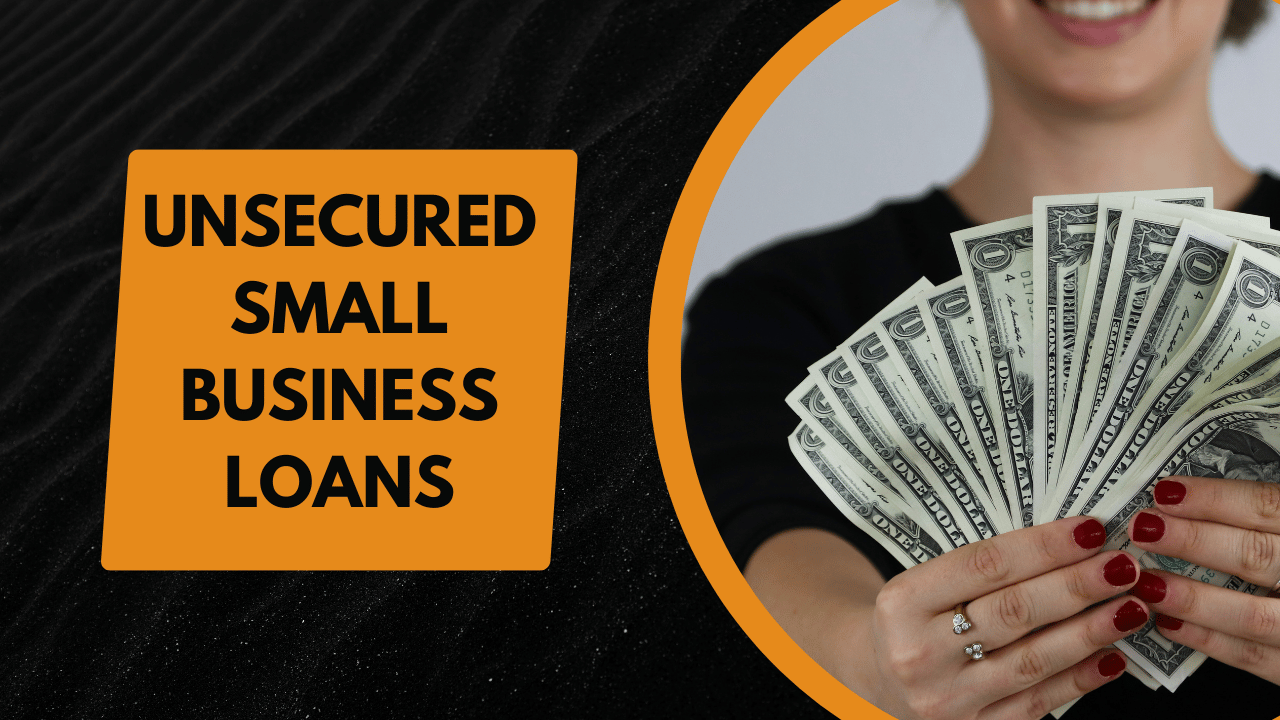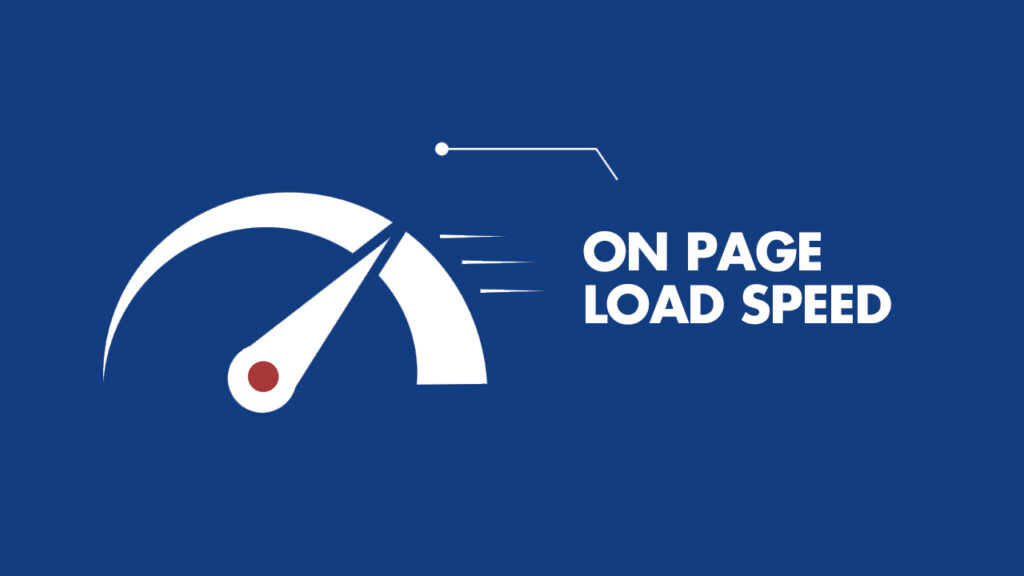For small business owners, securing funding without offering collateral can be a game-changer. Unsecured small business loans provide the capital needed for growth, operations, and innovation without the risk of losing personal or business assets. In this guide, we’ll explore the ins and outs of unsecured loans, the different types available, their benefits and challenges, and how to improve your chances of approval. Let’s dive in and uncover everything you need to know!

What Are Unsecured Small Business Loans?
An unsecured small business loan is a type of loan that doesn’t require collateral. Unlike secured loans, where assets such as property or equipment act as security, unsecured loans rely on your creditworthiness and business performance to determine eligibility.
These loans are especially popular among startups and businesses without significant assets, providing a financial lifeline to entrepreneurs looking for flexible financing options.
1. Why Choose Unsecured Small Business Loans?
Unsecured loans are an attractive option for several reasons:
- No Risk of Asset Loss: Since collateral isn’t required, your personal or business assets remain safe.
- Faster Approval Process: Lenders don’t need to evaluate collateral, which speeds up the process.
- Flexibility in Use: Funds can be used for a variety of business needs, from marketing to inventory.
However, the trade-off is often higher interest rates and stricter credit requirements.
2. Types of Unsecured Small Business Loans
Unsecured loans come in various forms, each designed to meet specific business needs.
3. Term Loans
A traditional unsecured term loan offers a fixed amount of money that you repay over a set period with interest. These loans are suitable for businesses with clear funding requirements, such as expansion or equipment purchases.
Pros:
- Predictable repayment schedule.
- Fixed interest rates.
Cons:
- Requires strong credit history.
- Higher interest rates compared to secured loans.
4. Business Credit Cards
For short-term financing, business credit cards act as an unsecured loan. They allow you to borrow up to your credit limit and repay monthly.
Pros:
- Convenient and flexible.
- Often comes with rewards or cashback.
Cons:
- High interest rates for unpaid balances.
- Limited borrowing capacity.
5. Merchant Cash Advances (MCAs)
An MCA provides an upfront cash injection in exchange for a percentage of your future sales. While technically not a loan, it’s a popular form of unsecured financing.
Pros:
- Fast access to funds.
- No fixed repayment schedule.
Cons:
- Extremely high fees.
- Potential strain on cash flow.
6. Invoice Financing
If you’re waiting on unpaid invoices, invoice financing lets you borrow against them. This option is unsecured since it doesn’t require collateral beyond the invoices themselves.
Pros:
- Quick funding for cash flow gaps.
- No need for additional assets.
Cons:
- Fees can add up.
- Relies on customer payment reliability.
7. Lines of Credit
A business line of credit is a flexible financing solution that lets you withdraw funds as needed, up to a predetermined limit. You only pay interest on the amount used.
Pros:
- Pay for what you use.
- Helps manage fluctuating expenses.
Cons:
- May require a strong credit score.
- Variable interest rates.
8. Peer-to-Peer Lending
Peer-to-peer (P2P) lending platforms connect small business owners with individual investors. These platforms offer unsecured loans with varying terms.
Pros:
- Flexible loan terms.
- May offer lower interest rates than traditional lenders.
Cons:
- Limited funding amounts.
- Potentially higher fees.
How to Qualify for Unsecured Small Business Loans
Since unsecured loans don’t require collateral, lenders rely heavily on your financial stability and creditworthiness. Here’s how to improve your chances of approval:
- Maintain a Strong Credit Score: Both personal and business credit scores play a crucial role.
- Prepare Financial Documents: Organize income statements, balance sheets, and tax returns.
- Show Consistent Revenue: Demonstrate that your business generates a steady income.
- Reduce Existing Debt: Lowering your debt-to-income ratio boosts your appeal to lenders.
- Provide a Solid Business Plan: Clearly outline how you intend to use the funds.
Benefits of Unsecured Small Business Loans
Unsecured loans offer several advantages to small business owners:
- No Collateral Required: Ideal for businesses without significant assets.
- Quick Funding: Streamlined approval processes mean faster access to funds.
- Flexible Use of Funds: Loans can be used for a variety of purposes.
Challenges of Unsecured Small Business Loans
Despite their benefits, unsecured loans come with challenges:
- Higher Interest Rates: Without collateral, lenders charge higher rates to offset the risk.
- Tougher Eligibility Requirements: Strong credit and consistent revenue are often necessary.
- Lower Loan Amounts: Lenders may cap borrowing limits to minimize risk.
When Should You Consider Unsecured Small Business Loans?
Unsecured loans are ideal if:
- Your business lacks significant assets for collateral.
- You need quick access to funds.
- You’re confident in your ability to repay.
However, if you’re seeking a large amount or lower interest rates, a secured loan might be a better option.
Tips for Choosing the Right Unsecured Loan
- Compare Lenders: Research multiple lenders to find the best terms.
- Read the Fine Print: Understand fees, interest rates, and repayment schedules.
- Assess Your Needs: Borrow only what you need to avoid unnecessary debt.
- Evaluate Your Repayment Ability: Ensure you can comfortably manage repayments.
- Seek Professional Advice: Consult with a financial advisor for tailored recommendations.
Future Trends in Unsecured Small Business Loans
The financial landscape is continually evolving, with trends such as:
- AI-Powered Credit Assessments: Faster and more accurate eligibility evaluations.
- Fintech Growth: Expanding access to loans through digital platforms.
- Sustainability-Focused Financing: Funding options for eco-friendly businesses.
Conclusion
For small business owners seeking flexible funding without the need for collateral, unsecured small business loans provide a valuable solution. Whether you’re looking to bridge cash flow gaps, invest in growth, or handle unexpected expenses, these loans offer quick and accessible financing. By understanding your options, preparing thoroughly, and choosing the right lender, you can unlock the capital needed to propel your business forward. Remember, the key to success lies in borrowing wisely and planning effectively for repayment.



